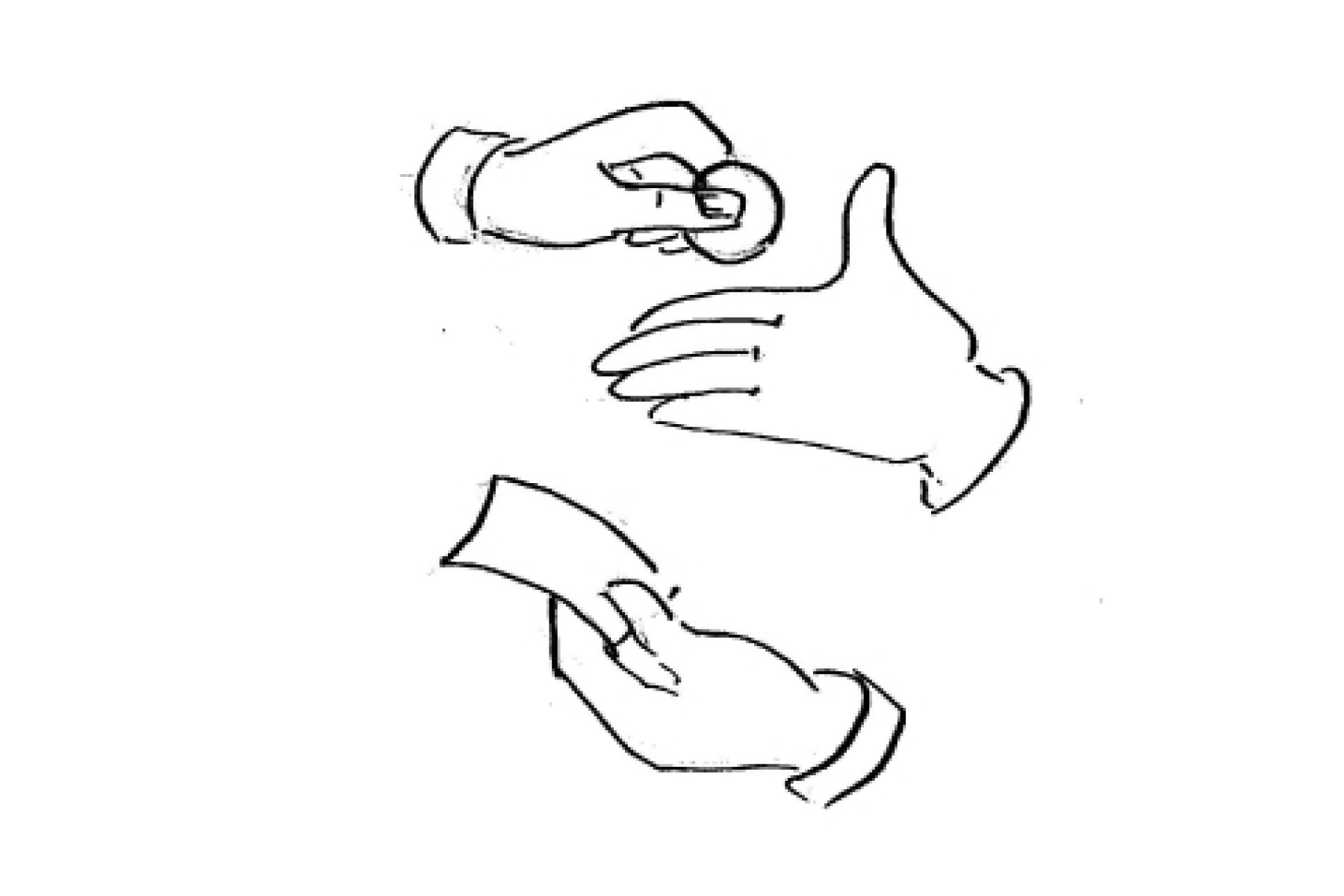
The Context
Some people only leverage in one direction. They increase the rate of return on their investments, but not consistently in a way that serves others. This is a crucial distinction. You see this in the business world all the time. Company leaders care less about helping employees grow, and more about using them as robots to execute their dreams. And to be fair, this is capitalism, so let's not blame company executives for doing their jobs to keep the lights on. Still, an important element about leverage is, it's not a fixed quantity. It's generative. And the more of it we give away, the better. The more we can use it to benefit others, the better.
The Tool
Relative Time Value
RELATIVE TIME VALUE — Using a burst of generosity to save your team hours of work and tons of stress
If you work on the operations team or as a staff member of an organization, the better you become at contributing leverage to others, the stronger and more prolific your company ultimately grows. Compare that to someone whose only form is leverage is exploiting other people's work to look busy and productive. Doesn't work that way. You actually have to build something for someone. With generosity, thoughtfulness, and most importantly, empathy. How could a burst of generosity save your team hours of work and tons of stress? Here are two examples. If your manager is too busy and won't have the full hour for your weekly meeting, figure out how much work you can do without their direct involvement. Send them an agenda ahead of time so they know what to expect. And before you get together, think about what that person can do in five minutes that will have the greatest impact on the project, and only focus on that. Or, if team members in a different department are completely overwhelmed with work, and you have a light afternoon, throw up a message on your internal chat platform and see who needs help.

Scott's Take
We used to have an intern who did that. The moment he finished his current task, he would let people know that for the next hour, he was freed, and was happy to help with anything. That contributed leverage for the team because twenty minutes of the intern's time on menial, boring work could free up two hundred minutes of the senior team's time on more revenue generating activities.
The Rest
Relative time value is about being useful, so the rest of the team feels liberated to focus on the work they do best. Create leverage for others rather than just leveraging others. Get out of your head and into the world of other people, and you'll create a rising tide that lifts all boats. What easy task would others be grateful to have you do for them?
The Benefits
Create leverage that makes other people’s jobs easier
Liberate your team members so they can focus on the work they do best
Gain micro efficiencies that accumulate into significant impact on operations
Build a reputation as someone who gives people fuel so they can work faster and smarter